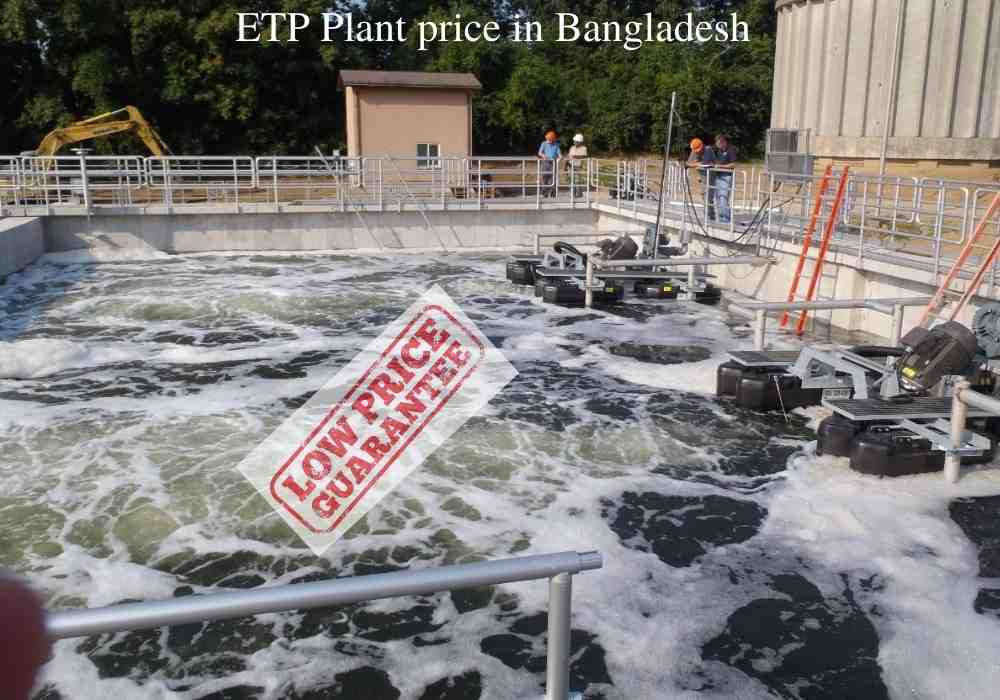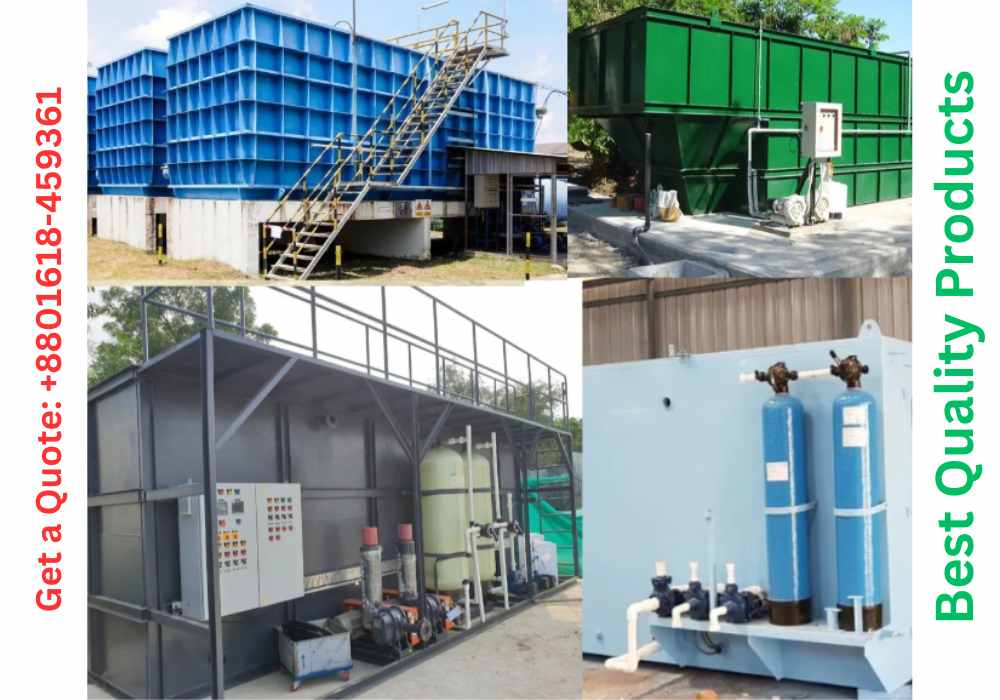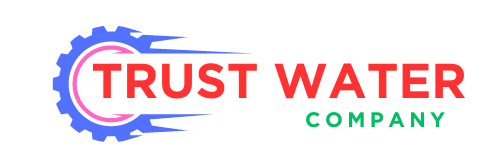High-Quality ETP Plant Price in Bangladesh in 2024
In the vibrant tapestry of Bangladesh’s booming industrial sector, a crucial thread goes unseen: industrial wastewater treatment. For those unfamiliar, effluent treatment plants (ETPs) act as the silent guardians of our environment, diligently purifying industrial wastewater before it re-enters the ecosystem. But how much does an ETP plant cost in Bangladesh in 2024? This blog post dives deep into the world of ETPs, exploring factors affecting price, different plant types, and the ever-important role they play in sustainable development.

Unveiling the Factors Affecting ETP Plant Price
Imagine a price tag as dynamic as the industrial processes it serves. That’s the essence of ETP plant pricing in Bangladesh. Unlike a simple product on a store shelf, several factors influence the final cost:
- Plant Capacity: The hero of the story is undoubtedly the plant’s capacity, measured in cubic meters per day (m³/day). Small-scale plants treating 50-100 m³/day come with a lighter price tag, ranging from BDT 50,000 to BDT 500,000. As the capacity increases to handle 200-500 m³/day (medium-scale), the price climbs to a range of BDT 1,000,000 to BDT 2,000,000. For industrial giants requiring mammoth treatment solutions (1,000+ m³/day), expect a price tag exceeding BDT 5,000,000 and potentially reaching BDT 20,000,000 or more.
- Technological Marvels: The heart of an ETP lies in its treatment technology. Chemical ETPs, while cost-effective, are well-suited for specific pollutants. Biological ETPs, harnessing nature’s bioremediation prowess, can handle a broader range of contaminants but come at a slightly higher initial cost. For industries demanding the highest treatment standards, membrane bioreactors (MBRs) and reverse osmosis (RO) systems take center stage, although their cutting-edge technology translates to a steeper price point.
- Industry Served: The type of industry an ETP caters to plays a significant role. Textile industries, for example, necessitate specific treatment processes for dyes and chemicals, influencing the plant’s design and cost. Similarly, food processing plants require tailored solutions for organic matter removal.
- Installation and Maintenance: The journey doesn’t end with acquiring the ETP. Installation costs can vary depending on the plant’s size and complexity. Furthermore, factor in ongoing maintenance expenses to ensure optimal performance and longevity.

Unveiling the Diverse World of ETPs
The ETP universe is far from homogenous. Here’s a glimpse into the different types of ETPs available in Bangladesh:
- Chemical ETPs: These workhorses utilize chemical reactions to remove pollutants. They are cost-effective but require careful handling of chemicals and proper disposal of sludge.
- Biological ETPs: These eco-friendly systems leverage microorganisms to break down organic matter. They offer a sustainable solution but have a larger footprint and require longer treatment times.
- Membrane Bioreactors (MBRs): These advanced systems combine biological treatment with membrane filtration for exceptional effluent quality. While pricier, they are ideal for stringent discharge standards and water reuse applications.
- Reverse Osmosis (RO) Systems: The ultimate filtration technology, RO removes almost all contaminants, including salts and minerals. They are best suited for specialized applications requiring ultra-pure water but come at a premium cost.
Why ETPs Matter for Bangladesh
ETPs are more than just industrial necessities; they are environmental champions. Here’s how they contribute to a healthier Bangladesh:
- Protecting Water Resources: Industrial wastewater, laden with pollutants, can wreak havoc on our rivers, streams, and groundwater. ETPs effectively cleanse this wastewater, safeguarding these precious resources.
- Ensuring Public Health: Contaminated water can be a breeding ground for waterborne diseases. ETPs play a vital role in preventing these health risks by ensuring clean water discharge.
- Promoting Sustainable Development: By enabling responsible industrial practices and water reuse, ETPs contribute to a more sustainable future for Bangladesh.
FAQs
How much does a small ETP cost in Bangladesh?
In 2024, a small ETP treating 50-100 cubic meters per day can range from BDT 50,000 to BDT 500,000. The final price depends on factors like technology and installation.
What’s the difference between a chemical and biological ETP?
Chemical ETPs use chemicals for treatment, while biological ETPs leverage microorganisms. Chemical options are generally cheaper but require proper chemical handling. Biological ETPs are eco-friendly but might have a higher initial cost.
Are there government regulations for ETPs in Bangladesh?
Yes, Bangladesh has regulations for effluent discharge standards. These standards influence the type of ETP technology required, impacting the overall plant cost.
